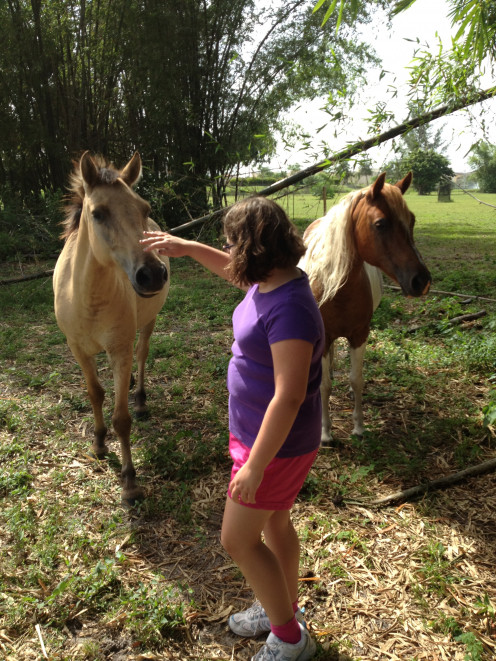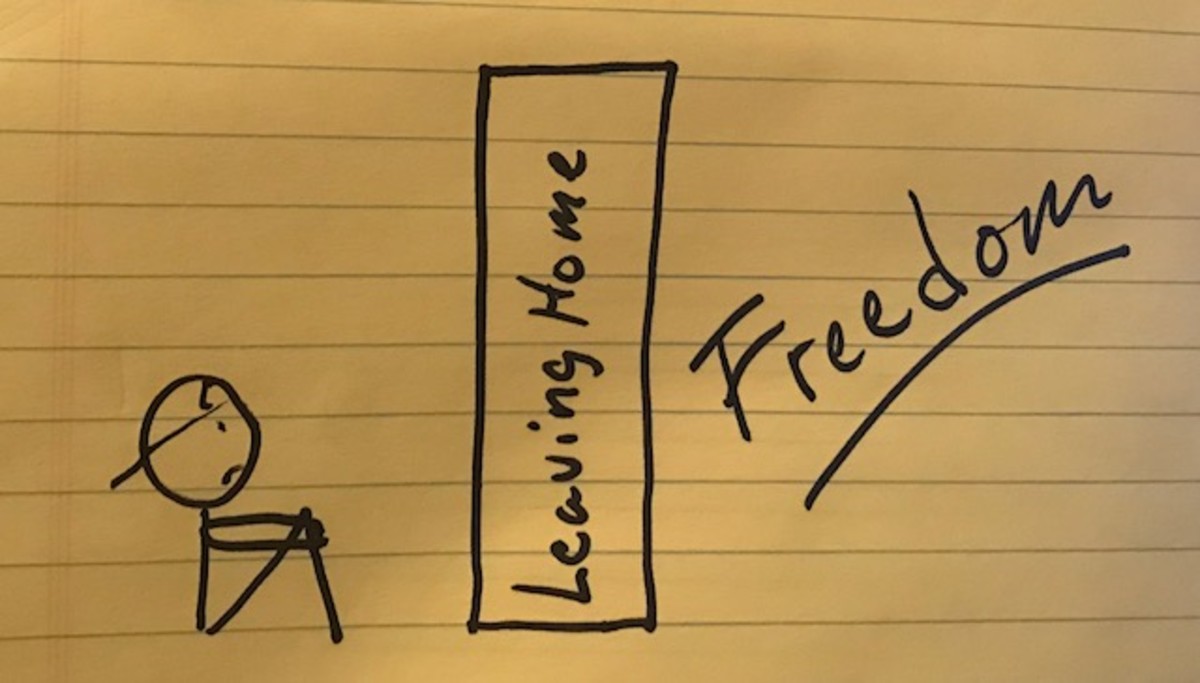Using Open-Ended Questions With Your Child Makes "How Was Your Day?" Meaningful
What Did You Like Best About Today?

Interesting Parent Resource
Open-Ended Questions And Critical Thinking
I asked ten-year-old Hailey, "What was the most exciting thing you did today?" She responded, "I got to jump rope outside with my friends. I learned a new trick too!" Her mother, who was standing beside her gasped and said, "You didn't mention that when I asked you how your day was!" The mom then turned to me and asked me why I got a response when she didn't. She went on to say that every day it was the same answer to her inquiry on her child's activities: fine, nothing, or OK. I sympathized with her and helped her to understand how asking the right question would get a better response.
Asking closed-ended questions that only require a yes or no response will receive limited responses. They make children feel as if they are being interrogated or being graded on their answer. And if you have experienced this type of response, then you know that asking further questions is fruitless. You will not get a better answer, in fact they may just clam up.
Do you like your new teacher?
Yes.
Did you make new friends?
No.
Is that your new book?
Yes.
Did you eat all your lunch? (No response)
Open-ended questions are an open invitation to share, to think critically and to solve problems. There are no right or wrong answers to an open-ended question and the answers are limitless and varied. When a child hears an open-ended question they think you really care about them and it conveys a feeling of importance in their response to you. They think through your question to express their ideas.
Sample Open-Ended Questions
Tell me about your day.
| What was hard about your day?
| Tell me what was really exciting about today.
|
|---|---|---|
What do you think is about to happen?
| Do you think there is another way to _______?
| What do you notice about _____?
|
How do you think we can make it work?
| If you were the mom (or dad, or teacher, etc.), what kind of things would you do?
| What would happen if we did this?
|
How can we fix this together?
| What do you suppose ____?
| I wonder _____?
|
What's it like to pet a pony?

Open-Ended Question Quiz
view quiz statisticsFurther Suggestions On Talking With Your Child
- The Gift of a Child's Drawing
Children's drawings are special gifts that often reveal a child's character. A child's art can express his thoughts about life and his emotions.
Sample Classroom Open-End Exercise
Encouraging Conversation Through Open-Ended Questions
Teachers have experience in using open ended questions to encourage conversation in the classroom. They know that asking children to clarify their thoughts leads to critical thinking and problem solving. In the same fashion, parents can phrase a question appropriately to produce a better response that may lead to a great conversation.
Mom: What do you think would make a great lunch tomorrow?
Child: Peanut Butter and Jelly!
Mom: How would you make it really interesting?
Child: I don't know. Wait, I would put banana and cinnamon on top. Then I would add some chocolate chips. Hey, mom do we have any of those?
This type of open-ended questioning helps a child to think through her ideas and to discover what works. It is an opportunity that allows for freedom of expression and parents can find out what children are truly thinking. Remember to really listen to your child's response so that you can comment and ask a follow-up question and keep the conversation going.
Here are some other suggestions to encourage conversation and to build critical thinking skills:
- Start your questions with how, tell me, where, why, when, or what
- Talk about their interests. Do they like to build, draw, sing or dance? For example, ask, "Tell me about your drawing."
- Read a book together and then ask open-ended questions. For example, pause between pages to ask questions such as, "What do you think will happen next?" Also, talk about words they may not know and ask them what they think it means. This will help them to develop language skills, "Wow, that's a pretty neat word. Shimmer. What do you think it means?"
- Play with your child. As you observe their actions, ask questions such as, "Why do you think that purple car goes faster than the red tractor?"
It may take some time to learn how to use open-ended questions. And, it may take time for your child to respond accordingly. Parents often make the mistake of answering questions or prompting children on what they believe is the correct answer. Allow your child to think through the question, wait briefly and then move on to something else. Be patient. Your child will begin to respond as you build respect for his thoughts and responses.
Incidentally, open-ended questions work well in building conversation skills with almost everyone. Try it on your spouse, co-worker, friends and people you meet. You may just discover interesting facts and details about their life.
If you have additional information that parents may find useful in asking open-ended questions, please leave a response in the comment section.









